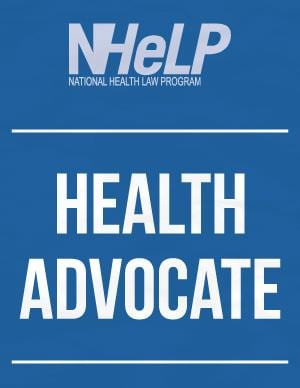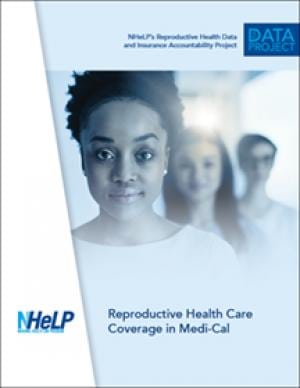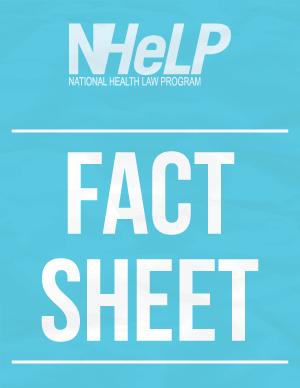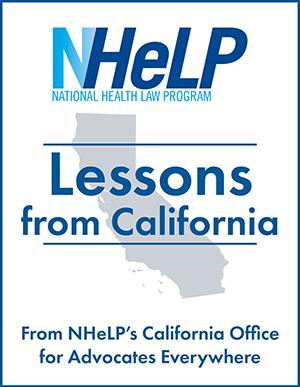- Abigail Coursolle
- Alejandra Pavisich
- Alejandra Pavisich
- Alexis Robles-Fradet
- Alicia Emanuel
- Amanda Avery
- Amy Chen
- Andy DiAntonio
- Arielle Linsey
- Brian Brooks
- Candace Gibson
- Carly Myers
- Cassandra LaRose
- Cat Duffy
- Catherine McKee
- Cathren Cohen
- Charlie Blodnieks
- Charly Gilfoil
- Cheyenne Peters
- Christina Piecora
- Corey Davis
- Dania Douglas
- Daniel Young
- David Machledt
- Deanna Hartog
- Elizabeth Edwards
- Elizabeth G. Taylor
- Emma Parker-Newton
- Eskedar Girmash
- Fabiola De Liban
- Georgesula Ziama
- Geron Gadd
- Hannah Eichner
- Hayley Penan
- Héctor Hernández-Delgado
- Ian McDonald
- Jane Perkins
- Jasmine Young
- Jennifer Lav
- Joe McLean
- Jules Lutaba
- Kally Xu
- Kasey Nichols
- Kavisha Prajapati
- Kimberly Lewis
- Leonardo Cuello
- lhigashi
- Liz McCaman Taylor
- Madeline Morcelle
- Mara Youdelman
- Margaret Okakpu
- Maya Levin
- Michelle Lilienfeld
- Michelle Yiu
- Miriam Delaney Heard
- Mizue Suito
- Priscilla Huang
- Rachel Holtzman
- Rolonda Donelson
- Sarah Grusin
- Sarah Somers
- Skyler Rosellini
- Susan Berke Fogel
- T. Nancy Lam
- veng
- Walter Hsiang, MD
- Wayne Turner
- Zamir M. Brown
- Show all
- Alabama
- Alaska
- All United States
- Arizona
- Arkansas
- California
- Colorado
- Connecticut
- Delaware
- District of Columbia
- Florida
- Georgia
- Hawaii
- Idaho
- Illinois
- Indiana
- Iowa
- Kansas
- Kentucky
- Louisiana
- Maine
- Maryland
- Massachusetts
- Michigan
- Minnesota
- Mississippi
- Missouri
- Montana
- National
- Nebraska
- Nevada
- New Hampshire
- New Jersey
- New Mexico
- New York
- North Carolina
- North Dakota
- Ohio
- Oklahoma
- Oregon
- Pennsylvania
- Rhode Island
- South Carolina
- South Dakota
- Tennessee
- Texas
- Utah
- Vermont
- Virginia
- Washington
- West Virginia
- Wisconsin
- Wyoming
- June 20, 2017
Threats to Public Health Under the American Health Care Act (AHCA)
Read moreEvidence shows that funding public health initiatives not only improves health outcomes, it also reduces health care costs. The Affordable Care Act (ACA) contains several mechanisms to fund public health initiatives. The largest of these is the Prevention and Public Health Fund (PPHF). The PPHF was created by ACA…
 June 1, 2017
June 1, 2017Medicaid Caps and the Opioid Epidemic
Read moreMedicaid is the largest source of health care coverage for individuals with substance use disorders, NHeLP Staff Attorney Héctor Hernández-Delgado writes in this month's "Health Advocate." He details how slashing Medicaid funding, as proposed in the so-called American Health Care Act (AHCA), would result in millions of individuals losing SUD treatment.…
 May 31, 2017
May 31, 2017Briefs on Public Coverage of Family Planning and Abortion Services: Reproductive Health Care Coverage in Medi-Cal
Read moreNHeLP's Reproductive Health Data and Insurance Accountability Project (the Data Project) is releasing a series of Issue Briefs on state-specific legal requirements and procedures governing coverage and access to abortion and family planning services in Medicaid programs in nine states. The first one in the series describes California's Medi-Cal…
 May 31, 2017
May 31, 2017Threats to Women’s Reproductive Health Under the American Health Care Act (AHCA)
Read moreThe so-called American Health Care Act (AHCA), pending in the U.S. Senate, would repeal progressive health care reforms brought about by the landmark Affordable Care Act (ACA), especially harming women's access to reproductive health care services. In this fact sheet, Senior Attorney Amy Chen explains how AHCA would severely…
 March 31, 2017
March 31, 2017Lessons from California
Read moreThe House Republicans' "American Health Care Act" would have harmed California disproportionately, NHeLP Staff Attorney Alicia Kauk writes in this month's "Lessons from California." She notes, "As many as 14 million Medi-Cal individuals, 9.3 million who are people of color, stood to lose coverage or significant reductions in services…
- March 21, 2017
Medicaid Work Requirements – Legally Suspect
Read moreLegal Director Jane Perkins, and Policy Analyst Ian McDonald detail why adding a work requirement to Medicaid is "legally suspect." They explain that currently the Medicaid Act has four requirements that an individual must meet that do not include a mandatory work requirement. "A number of courts," Perkins and McDonald…



